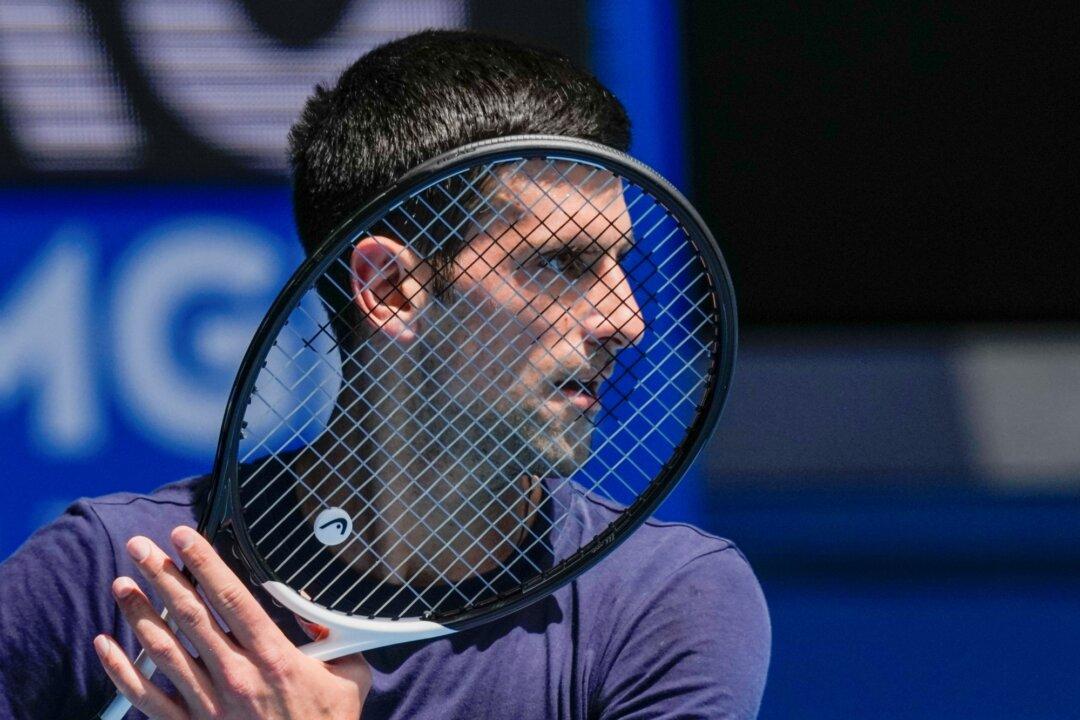SYDNEY, Australia—The participation of Novak Djokovic, men’s tennis World No. 1, in the Australian Open could be decided Sunday afternoon, a panel of three federal judges have said as they adjourned to decide whether to reinstate Djokovic’s Australian visa after almost five hours of hearing arguments.
Nina Nguyen is a reporter based in Sydney. She covers Australian news with a focus on social, cultural, and identity issues. She is fluent in Vietnamese. Contact her at [email protected].
Author’s Selected Articles




